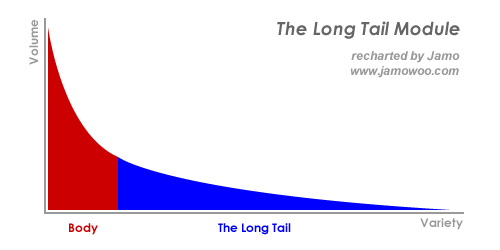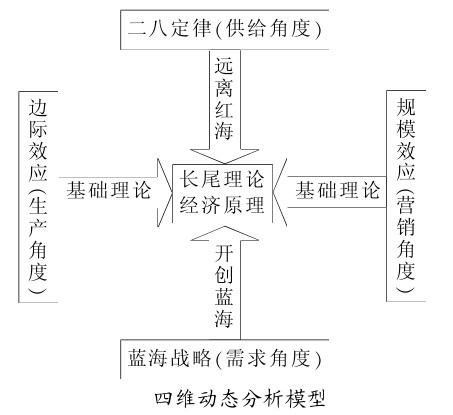As the Fourth of July should remind us all, independence is something worth fighting for. Independence means the ability to make your own decisions and live the way you choose to
live. When it comes to financial independence, though, many people believe it is only a dream. Here's how to declare your own financial independence day.
TUTORIAL: Budgeting Basics
What Does 'Independent' Mean?
There is no absolute definition of financial independence. The most common sense of the term
is that someone has enough wealth to live as they wish for the rest of their life without having
to work. This is a foggy definition, though – isn't picking a stock "work?" What about people who
own a business and are not involved in day-to-day activities, but still step in for major decisions?
Here's a different definition: Financial independence should mean the ability to live more or less
as one wants to, within reasonable limits. It may not mean the absolute freedom to never work
another day again, but it may mean the ability to quit a bad job, go back to school or start a new
business without major sacrifice. Likewise, financial independence should mean the ability to
deal with life's ups and downs without scrimping, sacrificing or going into debt.
The Allies of Independence
It is hard to fight for independence without allies. Financially speaking, that means assets that
work for their owners and throw off cash. A savings account or CD is a really basic example (especially with today's microscopic interest rates), but a portfolio of dividend-paying stocks or
a portfolio of bonds (or bond funds) can serve that role.
Where else can investors look for returns that can help them build wealth? Rental properties
can throw off impressive amounts of cash flow – not only paying for themselves, but throwing
off cash above and beyond that. Writers, musicians and inventors can also look at royalties as
long-term (if not lifelong) sources of income that require little additional effort. Last and not least,
ownership of a business can certainly spin off significant amounts of cash, even if the owner is
not directly involved in day-to-day management.
For example, say an investment of $8 or $9 in rental properties can produce $1 of rental income.
Even allowing for expenses, it is not hard to get a mid or high single-digit return – meaning that
$1 million real estate nest egg could potentially deliver $50,000 or $60,000 in income. Likewise,
simply having $1 million invested in a corporate bond fund could generate upwards of $50,000
a year in pre-tax income. (For an example of an income generating investment,
read Bond Funds Boost Income, Reduce Risk.)
Fighting for Independence
If you're reading this in your 20s or 30s, planning how to handle a $1 million nest egg may sound
ridiculous, but it is attainable.
For starters, a careful budget is important. To make the most of every penny, it is vital to know
where every penny goes. It isn't possible to plug leaks without finding them first. There is plenty
of budgeting advice out there, but the three most important elements are (1) to build an
emergency fund, (2) to allow some fun discretionary spending, and (3) to make saving an integral expense every bit as important as rent or food.
Once a budget is in place, cutting costs and maximizing savings can take precedence. Almost everybody spends more than they need to and a little careful consideration can usually turn up
avoidable (or reducible) expenses. Saving $50 a month is not going to make anybody a millionaire
, but every extra dollar prudently invested can multiply the value of that extra $50 many times
over. It's known as the undeniable power of compound interest.
Invest, Educate and Take Smart Risks
Financial independence is all but impossible without taking some risks. The key here is "smart"
risk – investing $100,000 in a risky biotech hoping to get a 10-bagger is not a smart risk, it's gambling. But doing a lot of research and spending $100,000 on a rental property in an attractive
neighborhood is not nearly as risky, nor is starting a business based on a marketable skill and
a real desire to do something different than the competition.
Nobody is born knowing anything about the stock market or rental properties, and most people
do not have a parent or mentor to learn from at a young age. Instead, most people learn by researching, reading and experimenting with different strategies to see what works.
That process never ends – there is always more to learn, not only about investing but about
specific investments as well.
Likewise, financial independence requires a lifetime commitment to continuous investment.
It's not simply a process of saving some money, investing that money and calling it a day.
Instead, those who would be financially independent have to be on the lookout for new opportunities and new ways to make the most of their hard-earned capital.
After all, the price of freedom is eternal vigilance. (To help improve your investing knowledge,
check out 10 Books Every Investor Should Readand 3 Business Books to Read Over the Summer.)
The Bottom Line
Independence does not come simply because people demand it or decide they want it. It is important to take that first step and make a declaration of what you want, why you want it and
what you are prepared to do to get it.
Decide what financial independence means to you. Once those decisions are in place, come up
with a clear plan that outlines what you need, what you want, what you have today and what you
can do to move towards independence (this includes the budgeting, cost-cutting and investment
plans). Last and not least, stick to that plan and keep the goal in sight.
Financial independence is not easy, but it is not impossible for those who are willing to show resourcefulness and invest years of hard work into the process. (For some tips, see
10 Simple Steps To Financial Security Before 30 and Two Roads: Debt or Financial Independence?))

 SHARE
SHARE





